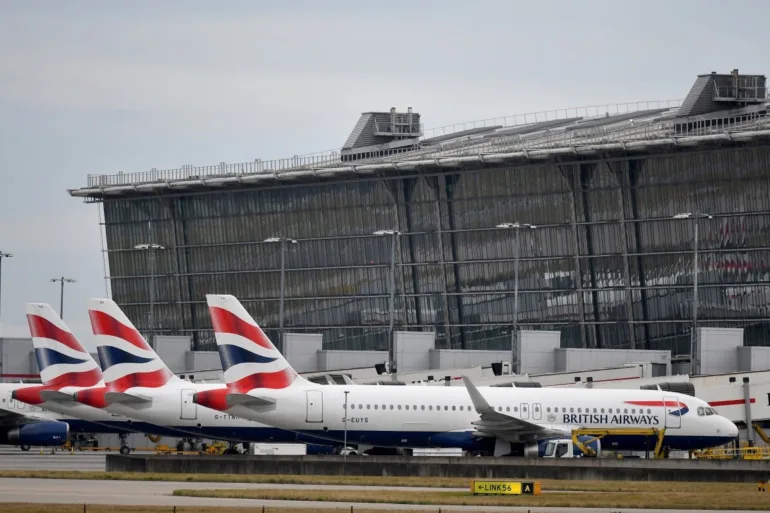Major European airports, including Brussels Airport, Berlin Airport, and London’s Heathrow, experienced significant operational disruptions on Saturday due to what has been described as a “cyber-related incident” affecting key check-in and baggage systems.
The disruption was linked to MUSE, a software platform used for passenger check-in and baggage drop services, provided by Collins Aerospace.
“We have become aware of a cyber-related disruption to our MUSE software at select airports,” Collins Aerospace confirmed to AFP.
“The impact is limited to electronic customer check-in and baggage drop, and can be mitigated through manual operations,” the company added.
Brussels Airport reported that at least 10 flights were cancelled, and another 17 delayed by more than an hour after what the airport described as a “cyberattack” occurred overnight on Friday.
On Saturday, all passenger processing at the airport shifted to manual check-in and boarding, with airport authorities advising travelers to confirm flight status with their airlines before heading to the terminal.
At London’s Heathrow Airport, the busiest in Europe, authorities acknowledged a “technical issue” affecting check-in and boarding systems — also powered by Collins Aerospace — warning that it “may cause delays for departing passengers.”
In Berlin, the airport website displayed a banner alerting passengers to longer wait times at check-in counters due to a “technical issue at a system provider operating across Europe.”
The full extent of the disruption is still being assessed, but manual workarounds have helped airports avoid more severe chaos. There is no immediate confirmation on whether the incident was a coordinated cyberattack or a broader system failure with cybersecurity implications.
Airlines and airport authorities continue to monitor the situation as investigations unfold.
AFP


